Cities
20 American Cities That Aren’t What They Used to Be—And Locals Know It
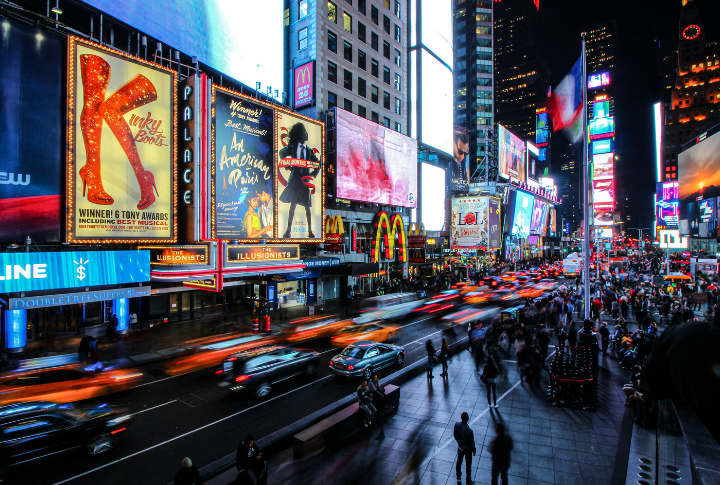
These 20 cities used to feel electric! Accessible, creative, and full of identity. But for longtime residents, that original charm has dimmed. Some changes were gradual, others sudden, but the sentiment remains: something vital has been lost. Here’s what locals are saying about the cities they used to love.
Los Angeles, California
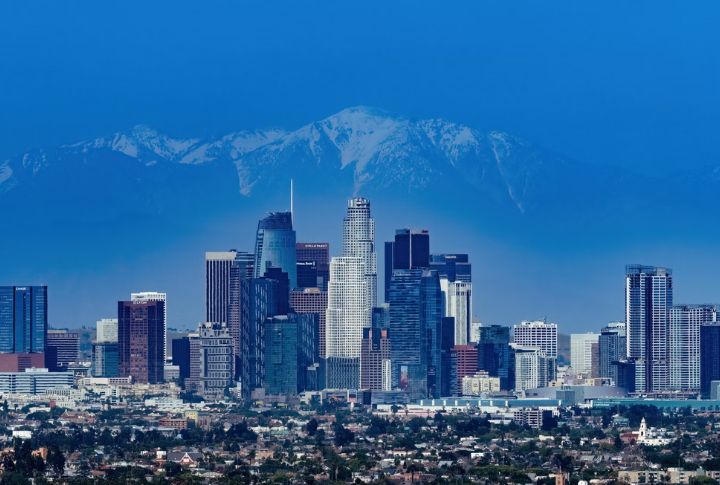
The ambition’s still here, but the soul feels frayed. Venice storefronts are shuttered, creative gigs have dried up, and rents have hit luxury levels for even modest spaces. Longtime Angelenos say the city feels transactional now, less about stories and more about survival.
San Francisco, California

Where artists and radicals once thrived, tech money dominates. Quirky shops are gone, replaced by vacant offices and ultraluxury condos. Public transport stumbles and the income divide is stark. Residents who knew it before the boom mourn a city now shaped by venture capital, not community.
Portland, Oregon
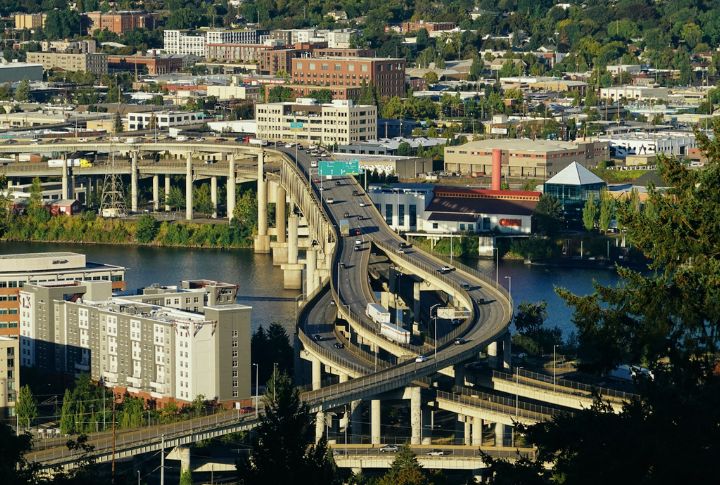
It’s not just about the graffiti or boarded-up storefronts—it’s the atmosphere. What used to be eccentric now feels uneasy. Longtime residents miss the DIY charm and civic optimism that once defined the city. In its place: rising costs, retail closures, and a lingering identity crisis
Seattle, Washington

Capitol Hill doesn’t buzz like it used to. Tech brought wealth but softened the city’s weird edges. Longtime businesses folded, and public frustration with safety and affordability began to run deep. Seattle still sparkles on the surface, but many say the magic’s been coded out.
Austin, Texas
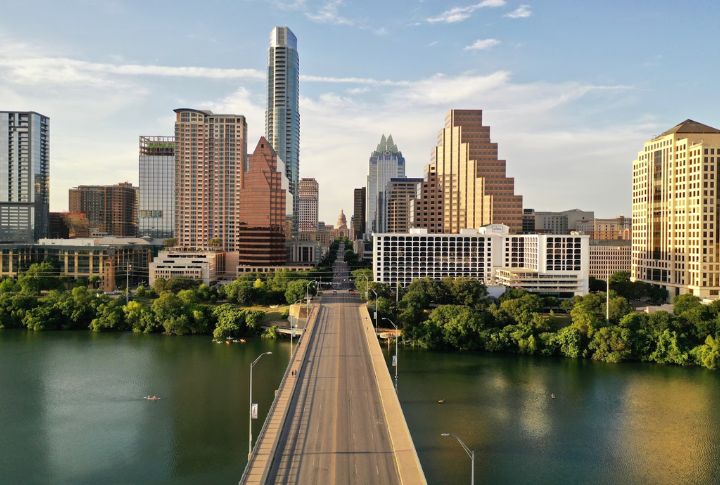
People still call it “weird,” but that’s more nostalgia than truth. Music venues closed, old neighborhoods were razed, and housing costs now rival major coastal cities. Earning six figures barely covers basics, and the creative scene that made Austin special feels like a memory.
Chicago, Illinois
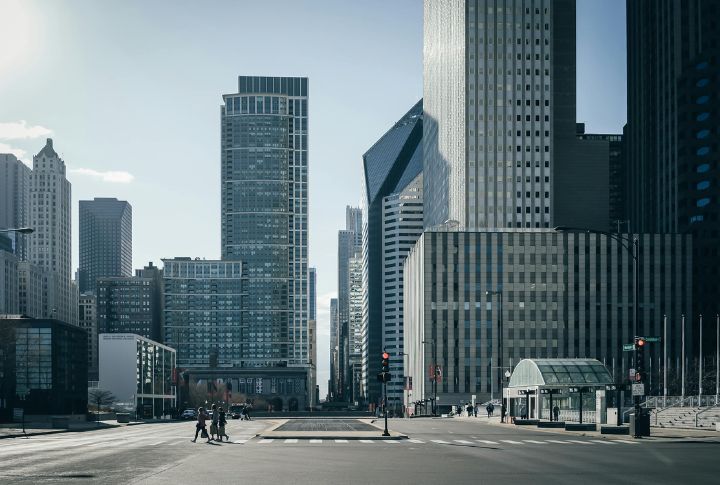
There’s beauty everywhere—architecture, art, food—but the weight of daily life has grown heavier. Gun violence in some areas, high taxes, and chronic political distrust wear on locals. The spark hasn’t gone out, but for many, the balance between love and frustration has shifted.
New York City, New York
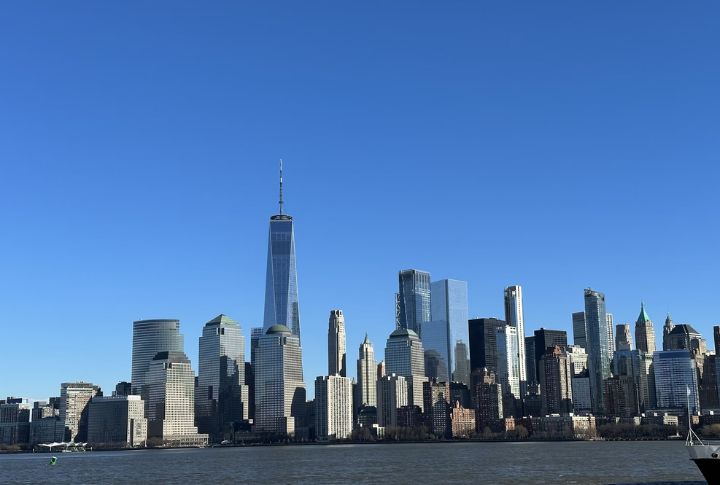
Tourists still flood Times Square, but native New Yorkers see the cracks. Ghostly office buildings, beloved delis replaced by chains, and endless rent hikes make the city feel more like a brand than a home. The edge is still there—it just costs more to find.
Denver, Colorado
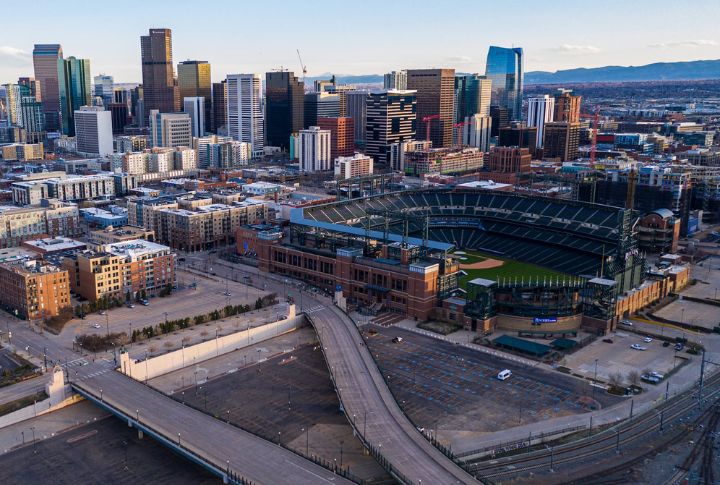
The outdoor vibe is fading under traffic jams and high-rise shadows. Housing prices surged past what locals earn, and the laid-back feel has been replaced by complaints about infrastructure, air quality, and crime. What was once a low-key mountain town now feels stretched thin.
Washington, D.C.
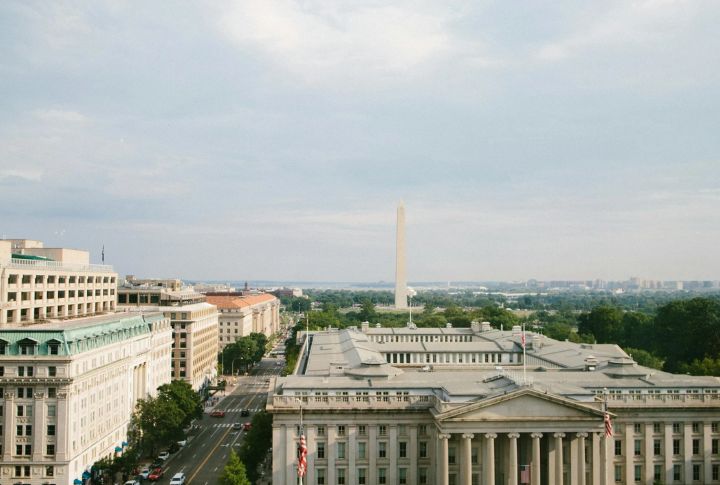
Monuments shine, but daily life feels disconnected. The Metro’s unreliability, growing affordability issues, and downtown office voids have made once-vibrant areas feel deserted. For locals, the gap between D.C.’s polished image and its lived experience is more visible than ever.
Philadelphia, Pennsylvania
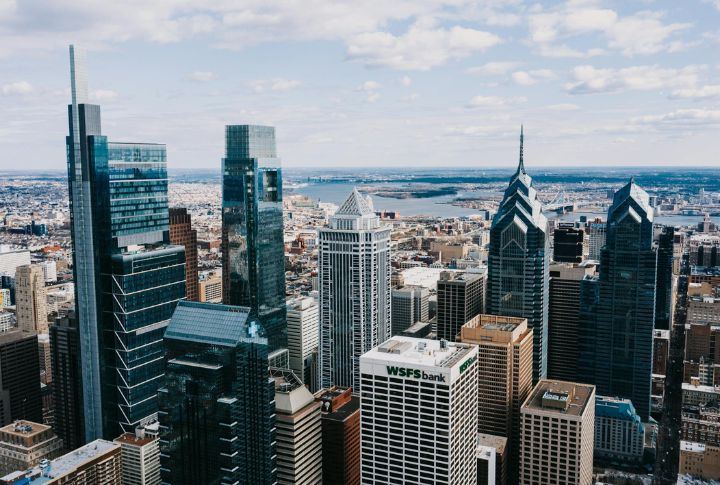
The grit remains, but pride is harder to sustain. Public safety concerns and education gaps wear people down. While certain neighborhoods boom, others are overlooked. Locals still love their city—but there’s a weariness in the way they say it now.
Miami, Florida

Skyline views mask an affordability crisis. Insurance costs spiked, and longtime residents feel pushed out by wealthier transplants. The community vibe that once anchored Miami is harder to hold onto in a city increasingly built for outsiders.
San Diego, California

For all its postcard beauty, many residents say San Diego’s losing its livability. The housing crunch is relentless, traffic worsens, and services can’t keep up. Coastal peace is harder to find when everything—from parking to groceries—feels priced for someone else.
Minneapolis, Minnesota

Downtown foot traffic still hasn’t bounced back. Many blocks sit half-empty, and safety concerns linger. Community resilience is strong, but institutions feel shakier. Residents say the city’s character is still there—it just takes more effort to feel connected to it.
New Orleans, Louisiana

Joyful on the outside, fraying underneath. Locals deal with aging infrastructure, regular power outages, and rising crime. The culture survives, but many worry the systems supporting it are buckling. Love for the city remains deep—but so does frustration with neglect.
Atlanta, Georgia

Growth hasn’t come without cost. Gentrification and spiking rents have pushed longtime residents to the margins. Where creative energy once flowed freely, some see a more corporate tone and traffic creeping in. The spirit isn’t gone, but the seams are showing.
Phoenix, Arizona
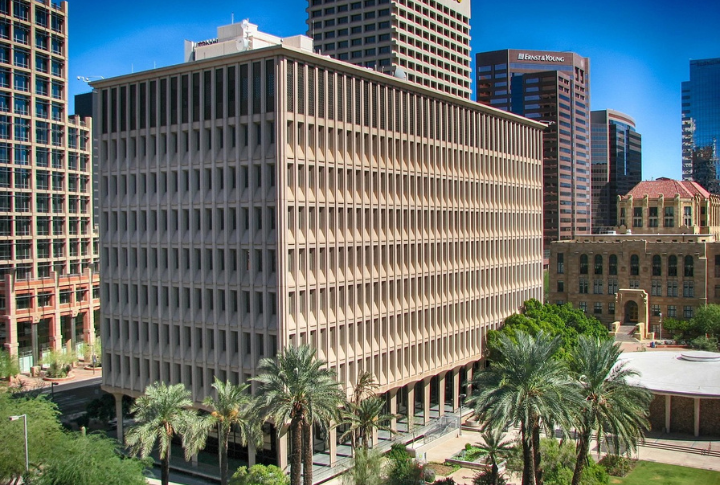
The population boomed, but planning didn’t keep up. Water scarcity looms, and housing prices feel out of step with wages. Phoenix still offers sun and space, but locals say the sense of balance has evaporated in the rush to grow.
Oakland, California
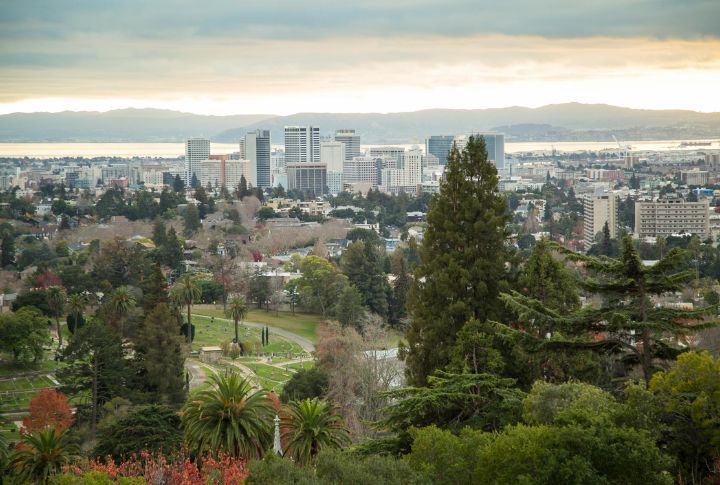
For years, Oakland was the soulful alternative to San Francisco. But rising crime, displaced residents, and abandoned storefronts paint a different picture now. Artists and longtime families are being priced out, and community ties feel strained under pressure.
St. Louis, Missouri

Decay outpaces development in too many areas. Entire blocks sit empty, and residents say the city’s lost momentum. The investment comes unevenly, and efforts to rebuild are met with skepticism. There’s pride—but it’s accompanied by exhaustion and concern that time isn’t on the city’s side.
Cleveland, Ohio

Attempts at revival haven’t erased the feeling of stagnation. Certain pockets have improved, but others remain stuck. Public services lag, job growth is uneven, and trust in leadership is weak. The scene isn’t hopeless, but it’s definitely not as pleasant as before.
Honolulu, Hawaii

Paradise may still be the view, but it no longer feels like the reality. Beneath the postcard exterior of Honolulu lies growing local resentment. Soaring housing costs and over-tourism have displaced families and diluted community traditions. Native residents increasingly feel invisible in their own homeland.

